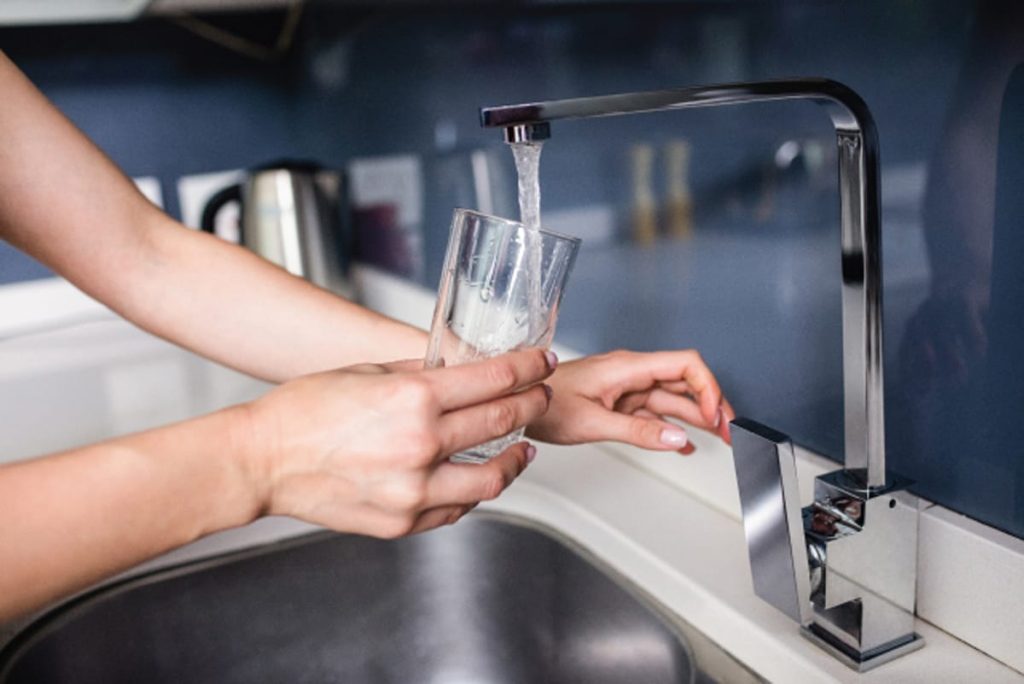As a beginner bong user, you might be wondering whether the water you use in your bong really matters. The short answer is yes—the water in your bong plays a crucial role in the overall smoking experience, acting as a filter and cooling agent. Choosing the right water can make your sessions smoother, cleaner, and more enjoyable. Here’s a detailed guide on selecting the best water for your water bong.
Why Water Matters in a Bong
The main purpose of using water in a bong is to filter the smoke. When you inhale, the smoke travels through the water chamber, where it’s cooled down and partially cleaned. The water helps trap harmful particles like ash and tar, giving you a smoother and cleaner hit. Without water, the smoke would be harsh and hot, making it difficult to enjoy.
However, not all water is created equal, and different types of water can enhance or detract from your experience.
1. Tap Water

Pros:
- Easily accessible: Most people have immediate access to tap water, making it the most convenient option.
- Cost-effective: Since it’s free or very cheap, tap water is often the first choice for many beginners.
Cons:
- Minerals and impurities: Depending on where you live, tap water can contain minerals like chlorine, fluoride, or calcium that may affect the taste of your smoke.
- Residue buildup: Over time, the minerals in tap water can lead to limescale or residue buildup in your bong, making it harder to clean.
Best for: Everyday use when you’re just starting and don’t want to spend extra money. Just make sure to clean your bong regularly to prevent buildup.
2. Distilled Water
Pros:
- No impurities: Distilled water has been purified, so it contains no minerals, chemicals, or other contaminants. This means it won’t affect the flavor of your smoke and will keep your bong cleaner for longer.
- No residue: Because distilled water lacks minerals, it won’t leave behind any residue or limescale in your bong.
Cons:
- Cost: You have to purchase distilled water, which can add up if you use your bong frequently.
- Not always readily available: You might not always have distilled water on hand, making it a bit less convenient than tap water.
Best for: Those who want a clean, pure smoke and are willing to spend a little extra for it.
3. Bottled Spring Water
Pros:
- Slight mineral content: Spring water contains natural minerals, which can add a subtle, clean taste to your smoke.
- Better taste than tap water: Generally, bottled spring water tastes fresher and crisper than tap water, making it a good choice for improving the flavor of your hits.
Cons:
- Cost: Bottled spring water is more expensive than tap water, especially if you use your bong frequently.
- Mineral buildup: Like tap water, bottled spring water can still contain minerals that might lead to residue buildup in your bong.
Best for: Occasional use when you want a slight improvement in flavor without going all the way to distilled water.
4. Cold or Ice Water
Pros:
- Cools the smoke: Cold water significantly cools down the smoke, making for smoother, less harsh hits.
- Reduces throat irritation: By cooling the smoke, cold water can reduce the irritation that can occur when inhaling.
Cons:
- Requires ice or refrigeration: You’ll need to keep water cold, which might not always be convenient.
- Condensation: Ice water can cause condensation on the bong, making it slippery and harder to hold during long sessions.
Best for: Hot days or whenever you want an extra smooth, cool hit.
5. Flavored Water
Pros:
- Adds flavor: Flavored water can add a unique twist to your smoking experience, making each hit more enjoyable.
- Fun variety: You can experiment with different flavors to see what complements your smoke best.
Cons:
- Can leave residue: Flavored waters often contain sugar, artificial flavors, or additives that can leave residue in your bong.
- Harder to clean: You may need to clean your bong more often if you’re using flavored water to avoid gunk buildup.
Best for: Occasional experimentation when you want to mix things up, but not ideal for regular use.
6. Sparkling Water
Pros:
- Bubbling effect: The carbonation in sparkling water creates extra bubbles, which some people enjoy for a more interactive bong hit.
- Novelty: It’s a fun way to change up your sessions, offering a unique smoking experience.
Cons:
- May affect smoothness: The carbonation can make the smoke feel sharper rather than smoother, which might not be ideal for everyone.
- Expensive: Sparkling water is often pricier than still water, especially for regular use.
Best for: Occasional use as a novelty or for parties when you want to impress friends.
Tips for Keeping Your Bong Water Fresh
- Change water regularly: No matter what type of water you choose, change it after every session. This helps prevent the buildup of bacteria and unpleasant tastes.
- Clean your bong: Make it a habit to clean your bong with warm water and rubbing alcohol every few uses. This helps remove any residue or buildup.
- Use filtered water: If you’re worried about impurities in your tap water but don’t want to spend money on bottled water, using a water filter pitcher is a good middle ground.
Conclusion
For beginners, tap water is a fine place to start—it’s convenient, free, and works well as long as you clean your bong regularly. As you become more experienced, you might want to experiment with other types of water like distilled water for a purer taste or even cold water for smoother hits. Flavored or sparkling water can be fun for special occasions, but they aren’t ideal for everyday use.
Ultimately, the best water for your bong depends on your preferences and priorities—whether you’re after convenience, flavor, or smoothness, there’s an option that will enhance your smoking experience.

